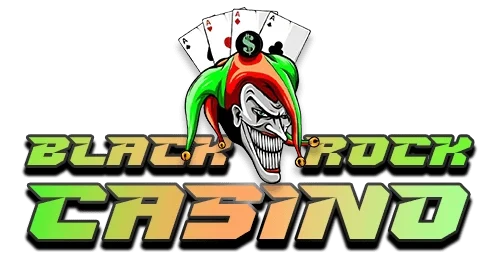The PlayStation brand has never been just about gaming — it’s been about culture. Since the first console’s release in 1994, PlayStation has shaped how people around the world experience digital art, community, Slot Gacor and creativity. It introduced the best games that transcended national borders, blending technology with human storytelling. Across continents, PlayStation became more than a console — it became a cultural movement that continues to inspire millions of players decades later.
When the original PlayStation arrived, the world was on the edge of a digital revolution. Music, film, and art were all transforming — and gaming was ready to join them. Sony understood that to make an impact, a console needed identity. With its futuristic design, sleek branding, and edgy marketing, the PlayStation appealed to both gamers and non-gamers alike. Titles like Final Fantasy VII, Tekken 3, and Resident Evil 2 weren’t just successful — they became cultural phenomena. They introduced cinematic storytelling, orchestral soundtracks, and emotional experiences that people could talk about the same way they discussed movies or books.
PlayStation’s global influence grew exponentially during the PS2 era. It wasn’t merely the best-selling console in history; it was a unifying force. From Tokyo to New York, players were discovering shared passions through PlayStation games. The PS2’s library of the best games — Shadow of the Colossus, Gran Turismo 3, Devil May Cry, and God of War — reflected a fusion of global creativity. Developers from Japan, Europe, and North America were all shaping what gaming could be, and Sony’s platform gave them the stage.
The PSP, released in 2004, carried that influence into people’s hands. It wasn’t just a device for fun; it was a piece of design culture. The PSP became a status symbol — sleek, portable, and powerful. Its best games, such as Crisis Core: Final Fantasy VII and Monster Hunter Freedom Unite, fostered communities worldwide. Suddenly, gaming wasn’t confined to living rooms — it was in cafés, trains, and classrooms. The PSP helped turn gaming into a global social experience, laying the groundwork for today’s mobile and portable gaming culture.
PlayStation continued to evolve with each generation. The PS3 brought online connectivity to millions, changing how people interacted through gaming. The PS4 made live streaming, sharing, and community central to the experience. Now, the PS5 integrates cutting-edge immersion with creative diversity, giving rise to global hits like Spider-Man 2 and Horizon Forbidden West.
What makes PlayStation’s impact so enduring is its emotional resonance. It doesn’t just sell games; it creates memories. The best PlayStation games become shared stories, bridging languages and generations. From competitive battles to quiet moments of exploration, PlayStation has taught the world that gaming isn’t just play — it’s culture, connection, and ar
